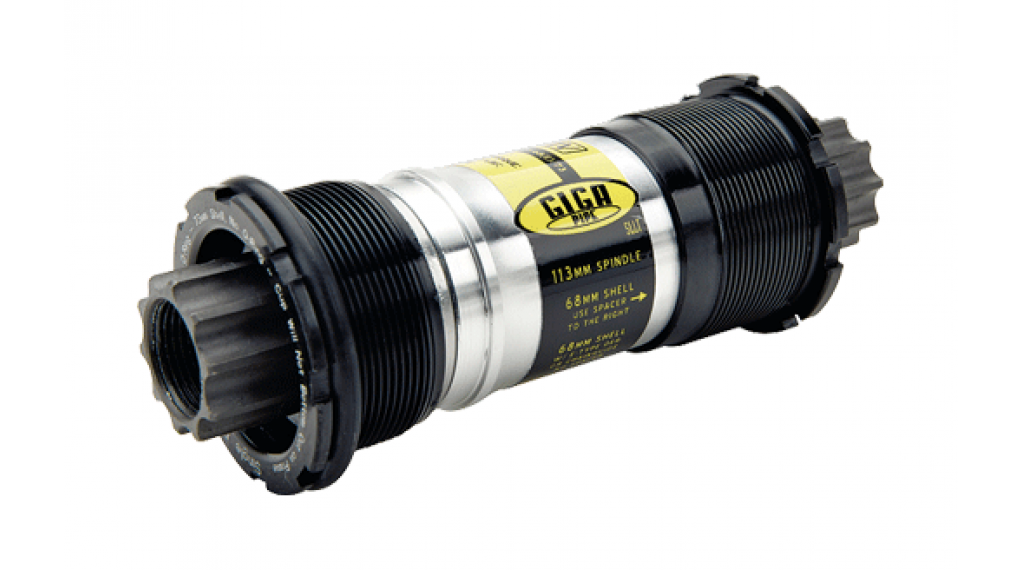We ask for your consent to the use of cookies in order to design our websites optimally for you and to continuously
improve our websites on the basis of analyses.
The processing purposes in detail are:
Store and/or retrieve information on your device
For the processing purposes shown to you, cookies, device identifiers or other information may be stored or accessed on your device.
Data transmission to partners in the USA (third country transfer)
By clicking the „Agree“ button, you consent according to GDPR that providers in the USA also process your data. In this case, it is possible that the transmitted data will also be processed there by local authorities.
Further details can be found in our privacy policy, which is linked at the bottom of each page. There you can revoke your consent at any time.
If you click the „Decline“ button, we will only store the technically necessary and therefore indispensable cookies on your device and retrieve them from your device. However, some content will then not be available - for example, product videos that we host on YouTube and that cannot be integrated without cookies.
Please note that technically necessary cookies must be set in order to ensure the operation of the websites.
The processing purposes in detail are:
Store and/or retrieve information on your device
For the processing purposes shown to you, cookies, device identifiers or other information may be stored or accessed on your device.
Data transmission to partners in the USA (third country transfer)
By clicking the „Agree“ button, you consent according to GDPR that providers in the USA also process your data. In this case, it is possible that the transmitted data will also be processed there by local authorities.
Further details can be found in our privacy policy, which is linked at the bottom of each page. There you can revoke your consent at any time.
If you click the „Decline“ button, we will only store the technically necessary and therefore indispensable cookies on your device and retrieve them from your device. However, some content will then not be available - for example, product videos that we host on YouTube and that cannot be integrated without cookies.
Please note that technically necessary cookies must be set in order to ensure the operation of the websites.







